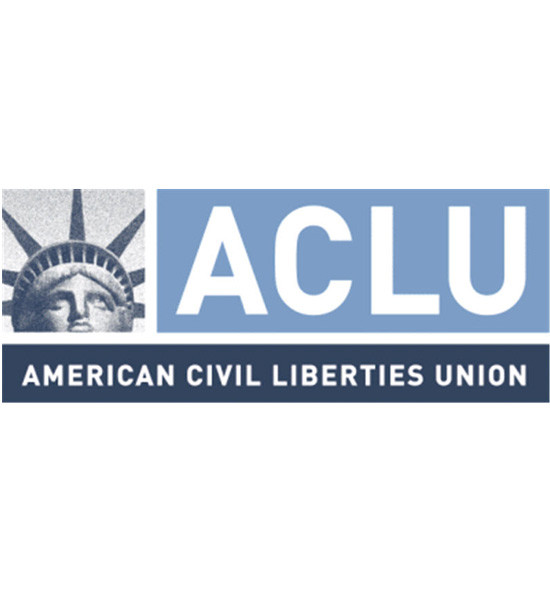
PROVIDENCE – The executive director of the American Civil Liberties Union of Rhode Island said he is pleased that a federal district court judge has struck down a state law that makes it a crime to circulate anonymous political literature.
“We’re very pleased that the judge struck down the law to ensure nobody gets improperly arrested simply for exercising their clear First Amendment rights,” Steven Brown, ACLU executive director, said Wednesday.
Brown said the ACLU got involved in the issue after the Smithfield Police Department arrested a political consultant for allegedly violating the state law. The Attorney General’s Office dismissed the charges, citing a previous U.S. Supreme Court case involving an almost identical Ohio statute.
“After the arrest and dismissal of the charges last year we wrote a letter to Smithfield officials asking them to confirm that they would stop enforcing the statute,” Brown said.
The ACLU received no response, but there were news stories quoting town officials dismissing the ACLU request and stating they intended to continue issuing criminal complaints under the statute. The ACLU sued over the legality of the statute, which carried a potential one-year prison sentence, earlier this year.
Brown said it appeared that only Smithfield was still enforcing the statute.
“As far as we can tell, other communities recognized the unconstitutional nature and were not enforcing it,” he said.
The state law was struck down on Tuesday by U.S. District Court Judge William E. Smith in response to a suit filed by Smithfield resident John Blakeslee, who has disseminated written political materials over the years and was concerned about the statute. The defendants were the Attorney General, Smithfield chief of police and Smithfield finance director.
“It is hard to imagine what the Rhode Island General Assembly was thinking when it passed this law … the court agrees with the plaintiff … and finds that the statute must be invalidated as a violation of the First Amendment of the United States Constitution,” the decision reads.
ACLU lawyer Mark Freel said in a statement, “There is a long tradition of anonymous pamphleteering on matters of public interest in this country, and that right is embodied in the First Amendment to the U.S. Constitution. Today the court struck down a long-standing Rhode Island law that was entirely at odds with that right. It is a victory for free speech and expression.”
Brown said that as a result of the court decision, the defendants will pay $4,000 in attorneys’ fees.
He noted that anonymous political literature that criticized candidates for public office was a criminal offense under the statute, but literature that supported or praised candidates was not.
At issue was the March 2013 arrest of Robert Horowitz by Smithfield police on a misdemeanor charge for allegedly distributing anonymous material designed to be politically injurious. Horowitz, The Valley Breeze reported, was the 2012 campaign consultant for state Sen. Stephen Archambault, D-Smithfield.
The Attorney General dismissed the charges against him, but his arrest touched off the debate about the statute.
View the judge’s decision HERE.












